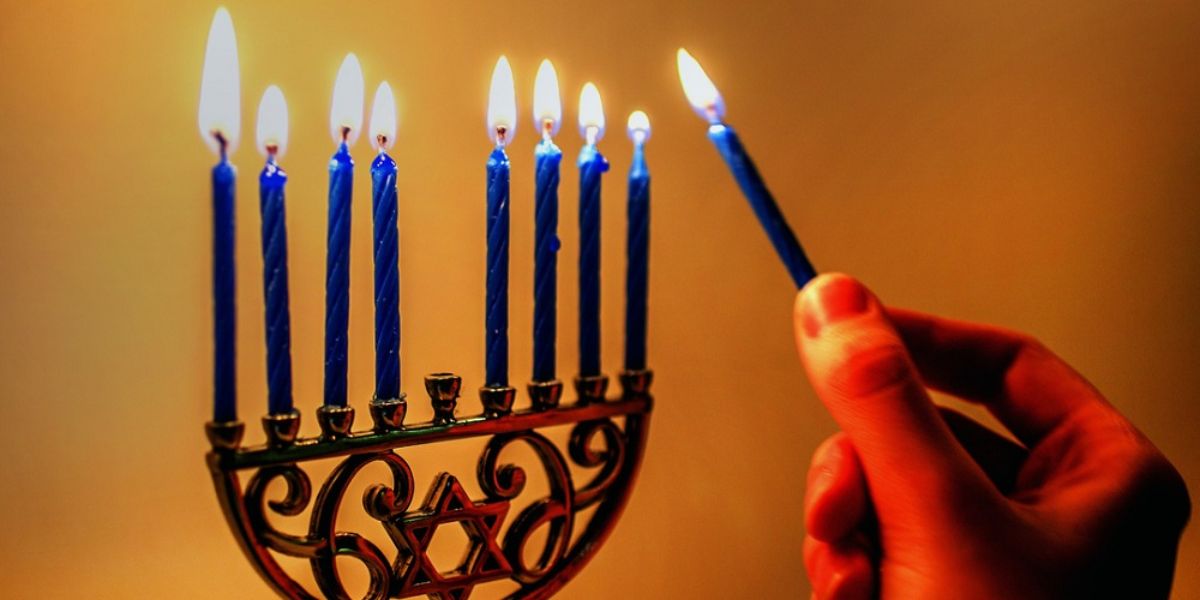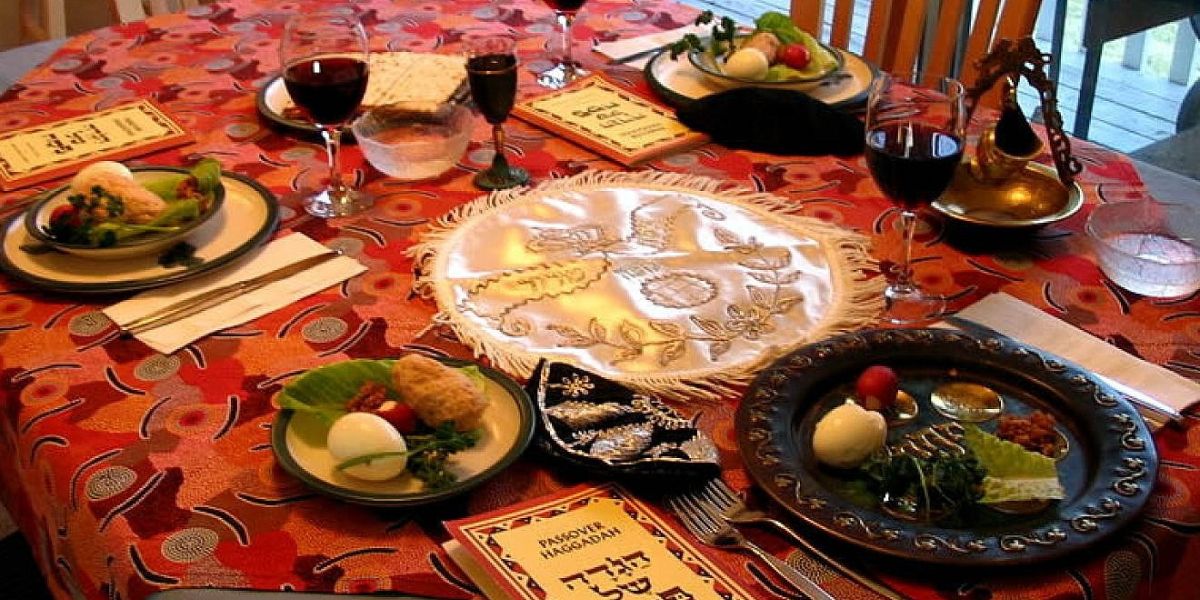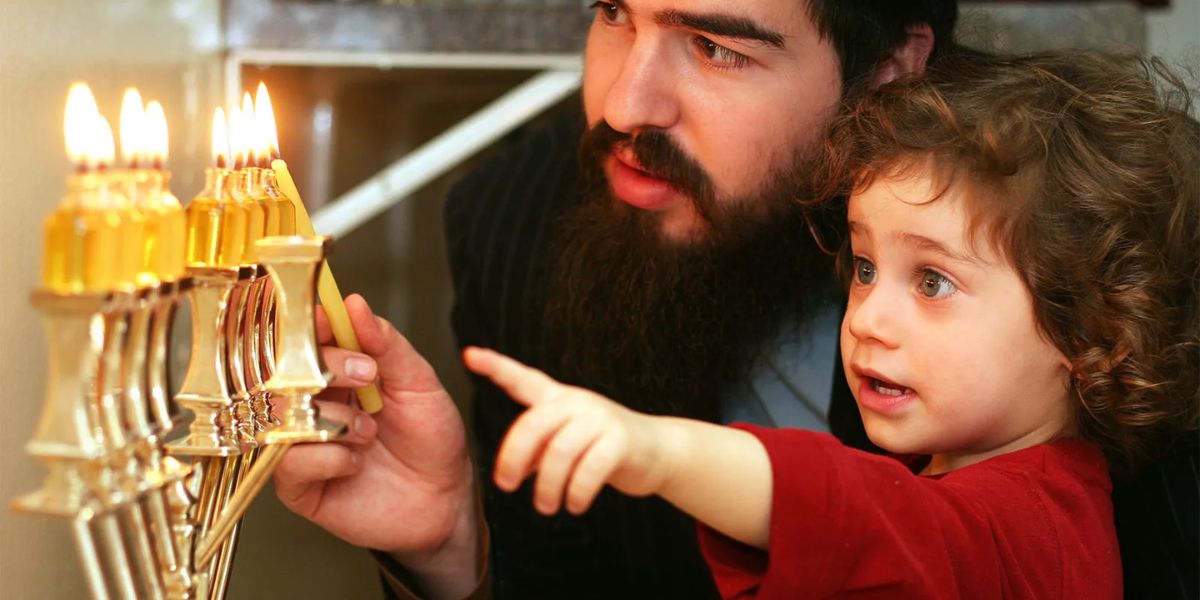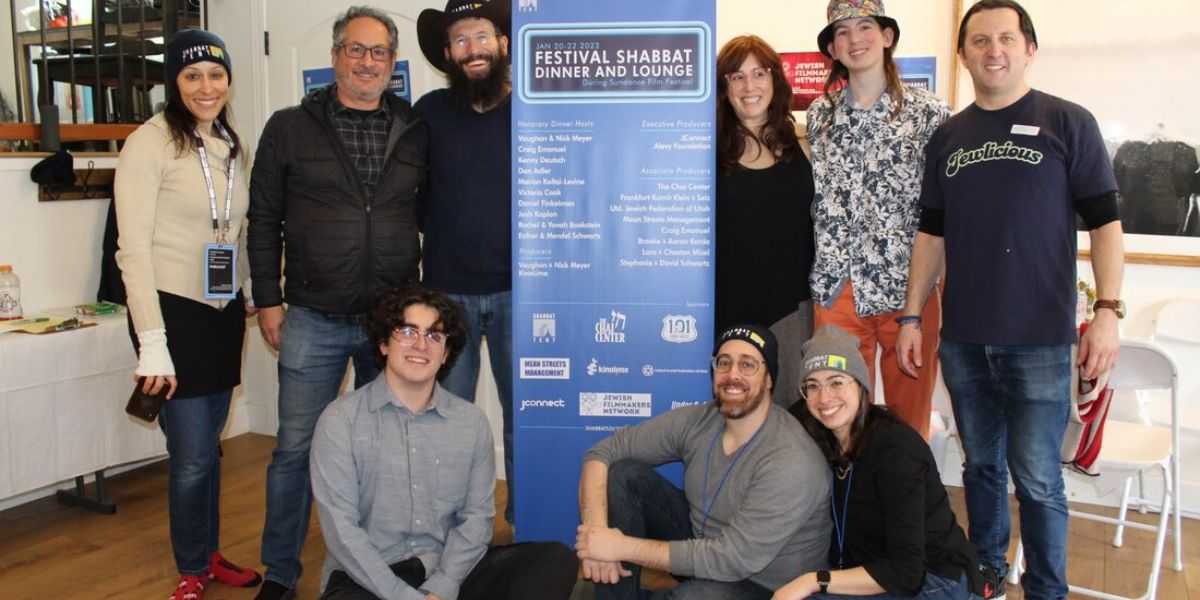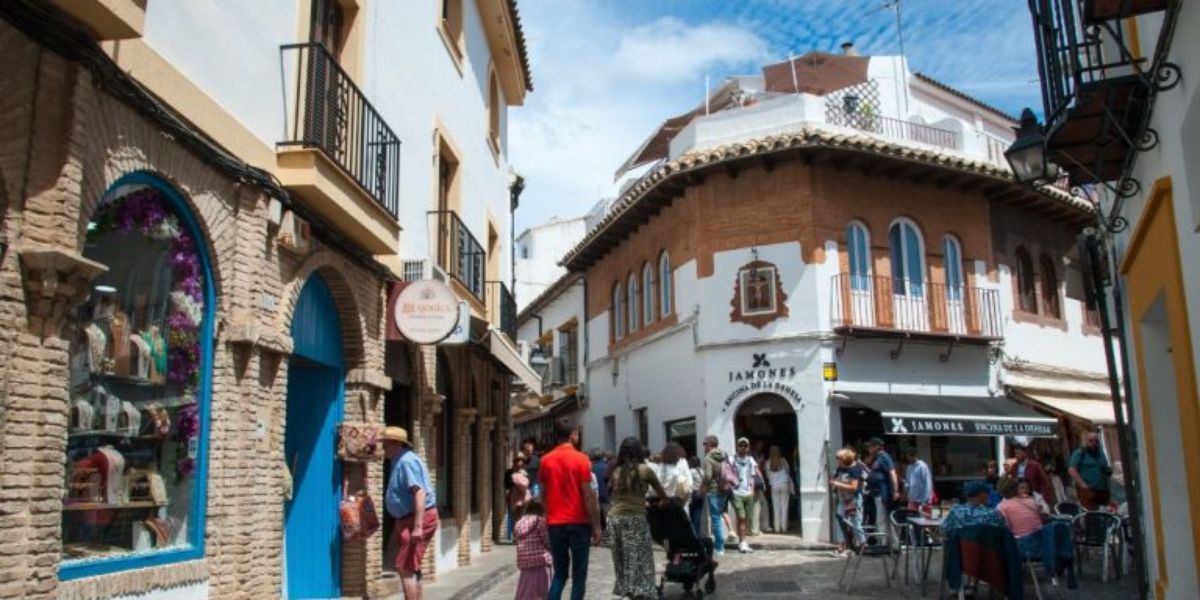In recent years, Hanukkah celebrations in Japan have evolved from quiet family gatherings among expatriates to vibrant community events that attract both locals and visitors. While Japan is home to a small Jewish population—estimated at just a few hundred families—the holiday has found creative expression in Tokyo, Osaka, and Kyoto, where cultural exchange plays a major role in how traditions are shared and understood.
For many, Hanukkah serves as an opportunity to introduce Japanese friends and neighbours to the values of resilience, hope, and light that define the festival. Whether through lighting menorahs in public spaces or hosting interfaith dinners, the holiday has become a bridge between cultures rather than a private observance.
Table of Contents
Community Celebrations and Public Events
Tokyo’s Jewish Community of Japan (JCJ) and Chabad of Japan have been at the forefront of organizing public menorah lightings, which have become annual fixtures in central locations such as Roppongi Hills and Shibuya. These events, often attended by diplomats, families, and curious locals, blend traditional Hanukkah songs with elements of Japanese hospitality.
Visitors can enjoy latkes served with a hint of wasabi, and sufganiyot (jelly doughnuts) filled with regional flavours like matcha or red bean paste. It’s a small but meaningful nod to cultural blending.
“When we light the menorah here, it’s not just about celebrating our history,” said Rabbi Mendy Sudakevich of Chabad Tokyo. “It’s about bringing light to the wider community and showing that Jewish traditions can flourish anywhere, even far from home.”
Beyond Tokyo, Jewish residents in cities like Kobe and Yokohama have held smaller gatherings in community centres and private homes. In 2024, the first Hanukkah pop-up event was organized in Kyoto, featuring local artisans and chefs collaborating on Jewish-inspired dishes—a sign that interest in the festival continues to grow.
The Role of Intercultural Exchange
Hanukkah in Japan is as much about education as celebration. Many Japanese attendees approach the events with curiosity, eager to learn the meaning behind the candles, songs, and blessings.
Jewish educators in Japan often partner with local schools and cultural organisations to conduct holiday workshops that explain the story of the Maccabees and the miracle of the oil. These sessions not only promote understanding but also strengthen cross-cultural respect.
The use of Japanese art forms—like origami dreidels and calligraphy of Hebrew phrases—has added a unique layer of creativity to these exchanges. It’s a beautiful example of how a Jewish festival can take on new dimensions while preserving its essence.
Business and Tourism Dimensions
As with many cultural events, Hanukkah has also started contributing to Japan’s growing cultural tourism market. Hotels in major cities now offer kosher dining experiences during the festival season, and travel agencies catering to Jewish visitors have developed “Hanukkah in Japan” itineraries that combine sightseeing with community gatherings.
Corporate sponsors, particularly in the hospitality and retail sectors, have shown interest in supporting these celebrations as part of their diversity and inclusion initiatives. By aligning with international communities, Japanese brands are gaining global goodwill and expanding their cultural footprint.
Challenges and Community Resilience
Despite growing visibility, Japan’s Jewish community faces the challenge of limited resources and representation. With few synagogues and no large-scale Jewish institutions, most Hanukkah events depend heavily on volunteer coordination and donations from expatriates and visiting business leaders.
However, that sense of resilience has become part of the celebration’s spirit. Families often travel long distances to attend menorah lightings, and virtual gatherings during the pandemic demonstrated the community’s determination to keep the lights burning—literally and symbolically.
“Every year we see more people, more interest, and more collaboration,” said a member of the Jewish Community of Kansai. “It reminds us that the miracle of Hanukkah continues, even here in Japan.”
A Festival That Unites
Hanukkah’s message of perseverance and faith resonates deeply across cultures, making it an ideal lens for cultural diplomacy and dialogue. In Japan, where appreciation for ritual and symbolism runs deep, the act of lighting the menorah finds a kindred spirit in the nation’s own traditions of seasonal reflection and gratitude.
The celebration may be small in numbers, but its reach extends far beyond the candles. It symbolizes how traditions can adapt, thrive, and connect communities across continents.

